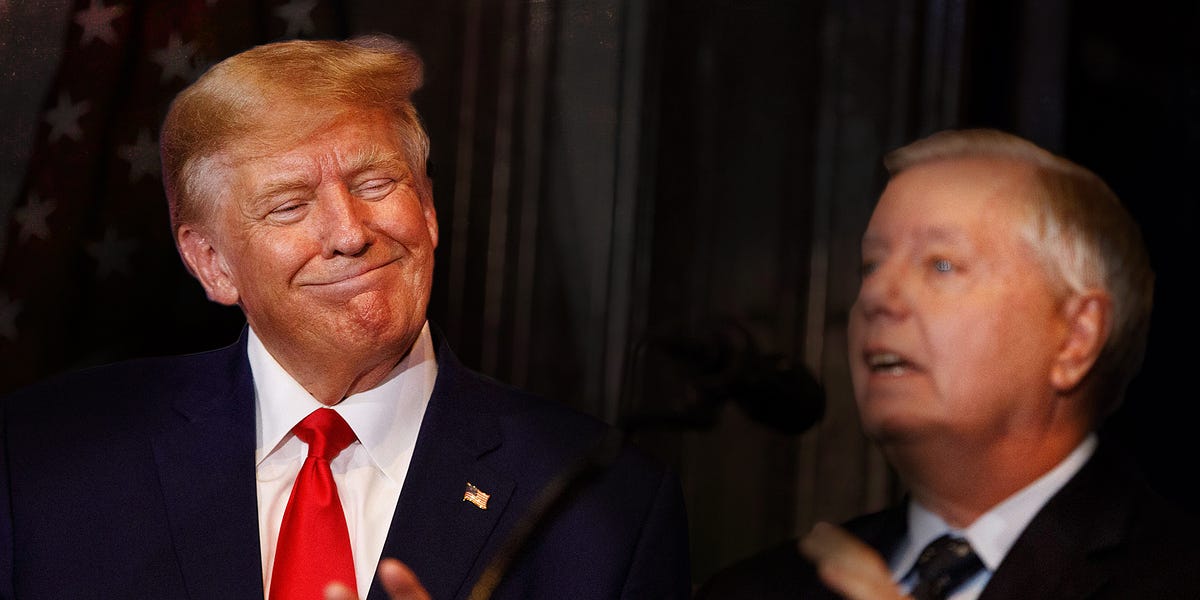Sixties Fan
Diamond Member
- Mar 6, 2017
- 58,468
- 11,068
- Thread starter
- #41
I cannot read it. How did that move turn Obama or anyone in his administration an authoritarian or pro turning the government authoritarian.Obama’s Path From Critic to Overseer of Spying (Published 2014)
I've discussed this many times. Hence my position in your thread.
